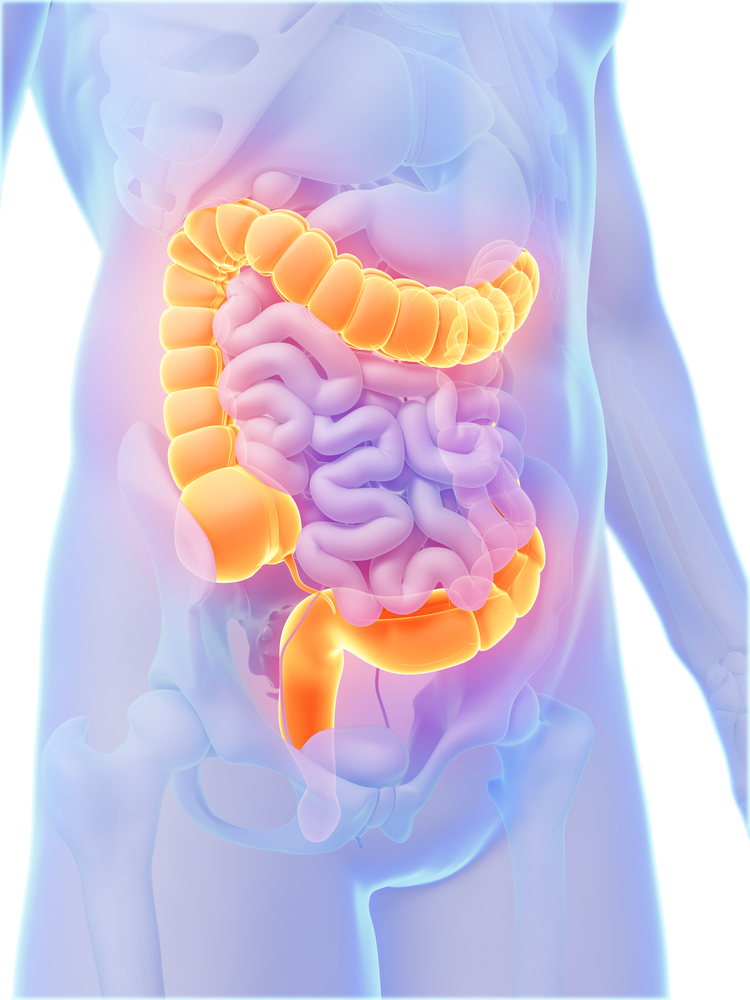Top 5 recommendations for good bowel health
A regular bowel movement is well known to be good for our health and well-being. Excessive straining at stool can contribute to the formation of haemorrhoids (piles), anal fissures and other conditions. On the other hand, very loose stools can be uncomfortable and difficult to control. So what are the best ways to maintain good bowel health, preventing constipation or diarrhoea? Laxative or constipating medications from time to time may be one method, but let’s think about simple ways that you can improve your bowel health yourself without the need to reach for medication:
1. Eat more fibre
Yes, we all know we should eat more fibre, which is found in fruit and vegetables. But there are other ways you can increase your fibre intake, and this is important to help regulate the bowel frequency and maintain a natural stool consistency. Eating more fibre really does rely on the choices you make when choosing your ingredients to cook or when looking at a menu:
Choose wholemeal bread over white bread (and seeded is even better)
Choose jacket potatoes over mashed potatoes (there is fibre in the potato skin – don’t throw it away!)
Choose wholemeal pasta over white pasta (just as tasty, and it’s better for you)
Choose brown rice over white rice (yes, really!)
Of the three daily meals, breakfast is the easiest to pack in fibre, with an array of cereals, wholemeal and seeded toast, and fruit to rotate around. You can also try adding a tablespoon of linseeds or pumpkin seeds to your cereal to increase the fibre content.
2. Drink more water
The large bowel (colon) has an important job in absorbing water from the contents it is presented with, and this water absorption continues along the length of the bowel. If there is too little water content by the time the stool reaches the rectum, it is hard and dehydrated, making it difficult for you to pass, leading to constipation and straining. The answer? As simple as water. Depending upon your size, most adults will need 2.5–3 litres of fluid each day. Do you drink enough? Estimate your own intake. Caffeine and alcohol do not help here. Try carrying a water bottle with you, or adding sugar-free fruit cordial to your water if you really don’t like plain water and want to drink more.
3. Don’t ignore the need to go!
With our busy lives, it can sometimes be easier to hold a bowel movement, or delay a trip to the bathroom for a more convenient time. Many people admit to me that they try their best not to open their bowels at work, as it is a bit embarrassing – particularly in small offices with shared bathrooms. Understandably, many people do worry about this. However, repeatedly ‘holding on’ is not good for your bowel – it is getting ready to evacuate and the rectum is preparing for this. Complex interactions which we rely on for smooth evacuation can become confused over time, contributing to disrupted coordination and longer-term problems with constipation and feeling unable to empty completely.
Most people feel the need to open their bowels 10–30 minutes after a meal and knowing this may help you plan your activities at home and at work. Take the time needed for a private toilet visit, and perhaps consider carrying a pocket-sized air freshener in your bag or pocket to help mask any odours if this embarrasses you.
4. Look at what you have passed
People open their bowels with variable frequency and results, and it is important for each person to know what they would consider normal for themselves. Some patients tell me they never look at the contents of their toilet bowl after they have opened their bowels and are not sure how often they use the toilet. In this situation, it is difficult to know what is normal for that individual, and what has changed. This is significant, because an unexplained change in bowel habit or blood seen in the stools can be a symptom of bowel cancer (colorectal cancer). Being aware of your bowels and what is normally in the toilet bowl for you is important – so take a look from time to time to be ‘bowel aware’.
5. Exercise
Finally, it has been recognised that staying seated for long periods of time in sedentary lifestyles can contribute to a slow and sluggish bowel. The contents of the bowel are moved along by the muscles in the bowel walls contracting in an orchestrated way called peristalsis. Moving about, walking and staying active can improve your bowel activity and help symptoms of constipation and feeling bloated. Of course, exercise also improves overall general health and well-being, but simple walking alone for 10-15 minutes each day at a steady pace to make your bowels tumble about in your abdomen will help with the motion they need to boost the muscle activity.
Wishing you ‘good bowel health’
This article is for information only and should not be used for the diagnosis or treatment of medical conditions. myHealthSpecialist makes no representations as to the accuracy or completeness of any of the information in this article, or found by following any link from this article. Please consult a doctor or other healthcare professional for medical advice.

Mrs Sara Badvie
MB BS (Hons) BSc (Hons) MS FRCS (Gen.Surg)
Consultant Laparoscopic, Colorectal & General Surgeon in London
